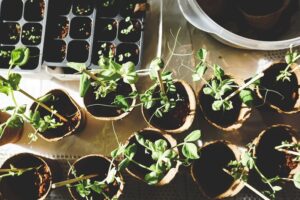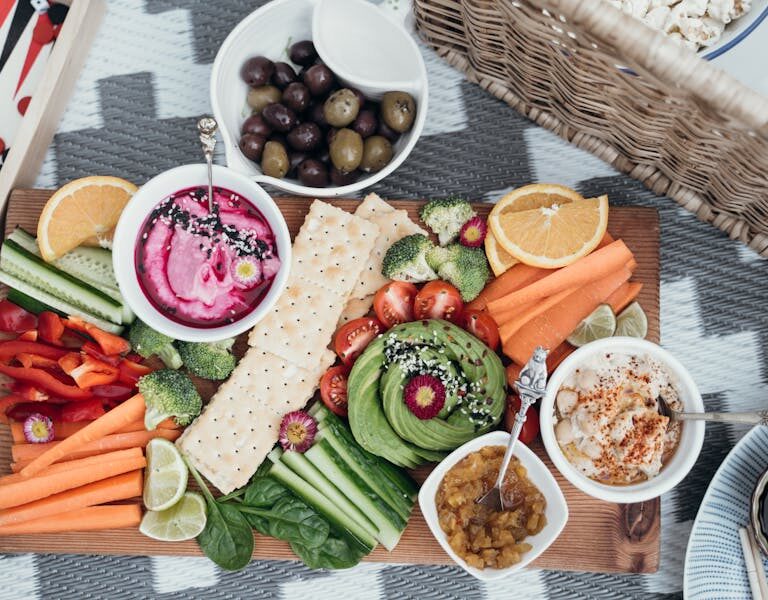In today’s world, where environmental concerns are at the forefront of global discussions, the concept of zero-waste living has gained significant traction. Zero waste living is not just a trend; it’s a philosophy and lifestyle choice aimed at minimizing waste generation and reducing our impact on the planet. Today we’ll explore the principles of zero-waste living and provide practical tips for incorporating sustainable practices into your daily life.
At its core, zero-waste living is about rethinking our consumption habits and adopting a more mindful approach to the resources we use. It involves reducing, reusing, and recycling items to divert waste from landfills and minimise environmental harm. By embracing the principles of zero-waste living, individuals can contribute to conserving natural resources, protecting ecosystems, and combating climate change.
5 Practical Tips for Zero Waste Living:
- Reduce Single-Use Plastics: Reducing single-use plastics is a critical step towards mitigating environmental harm and fostering a more sustainable future. By eliminating disposable plastic items from our daily lives, such as water bottles, shopping bags, and straws, we can significantly reduce the amount of plastic waste that ends up in landfills and pollutes our oceans and ecosystems. Instead, we can opt for reusable alternatives, such as stainless steel water bottles, cloth shopping bags, and bamboo utensils, which not only minimise waste but also help conserve natural resources and reduce carbon emissions associated with plastic production. Through conscious consumer choices and advocacy for plastic-free alternatives, we can collectively work towards a cleaner, healthier planet for future generations.
- Compost Organic Waste: Setting up a composting system at home is a simple yet impactful way to reduce waste, enrich soil, and promote sustainable living. To get started, designate a space in your yard or balcony for your compost pile or bin. Choose a location that receives adequate sunlight and airflow and is easily accessible for adding organic waste. Next, gather a mix of brown materials (such as dried leaves, twigs, and newspaper) and green materials (such as fruit and vegetable scraps, coffee grounds, and grass clippings) to create a balanced compost pile.
- Shop Mindfully: Shopping mindfully involves making intentional choices that prioritise sustainability, ethical production, and minimal environmental impact. Start by creating a shopping list based on your needs and sticking to it to avoid impulse purchases. Before buying new items, consider whether you truly need them or if there are sustainable alternatives you can use instead. When shopping for groceries, opt for locally sourced, organic, and seasonal produce to support local farmers and reduce carbon emissions associated with transportation. Choose products with minimal packaging or packaging made from recyclable or biodegradable materials to minimise waste.
- Embrace DIY Solutions: Get creative and make personal care products, DIY crafts using natural ingredients in reusable containers and make your household cleaners. Making household cleaners at home is a simple and cost-effective way to reduce exposure to harsh chemicals, minimise waste from single-use plastic bottles, and promote a healthier living environment. Start by stocking up on basic ingredients such as white vinegar, baking soda, castile soap, and essential oils, which serve as the building blocks for a variety of homemade cleaning solutions. For a multi-purpose cleaner, mix equal parts water and vinegar in a spray bottle and add a few drops of essential oil for a fresh scent. Baking soda can be used as a gentle abrasive cleaner for scrubbing sinks, tubs, and countertops, while castile soap is an effective base for DIY dish soap and laundry detergent.
- Educate and Advocate: Spreading awareness about zero-waste living is crucial for inspiring individuals and communities to adopt more sustainable practices and reduce their environmental impact. One effective way to raise awareness is through education and advocacy efforts. Start by sharing information about the benefits of zero-waste living, such as reducing waste, conserving resources, and combating climate change, through social media, blog posts, or community events. Engage with friends, family, and colleagues in conversations about sustainability and encourage them to join you in adopting zero-waste practices.
Conclusion:
Embracing zero-waste living is a journey of self-discovery and conscious decision-making that empowers individuals to live in harmony with the planet. By taking small steps towards reducing waste and adopting sustainable practices, we can collectively make a positive impact on the environment and create a healthier, more sustainable future for generations to come. Let’s commit to embracing zero-waste living and be the change we wish to see in the world.














Subscribe and Follow